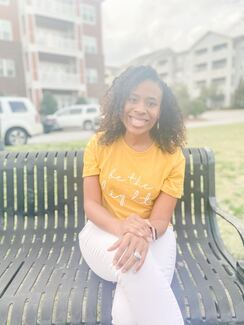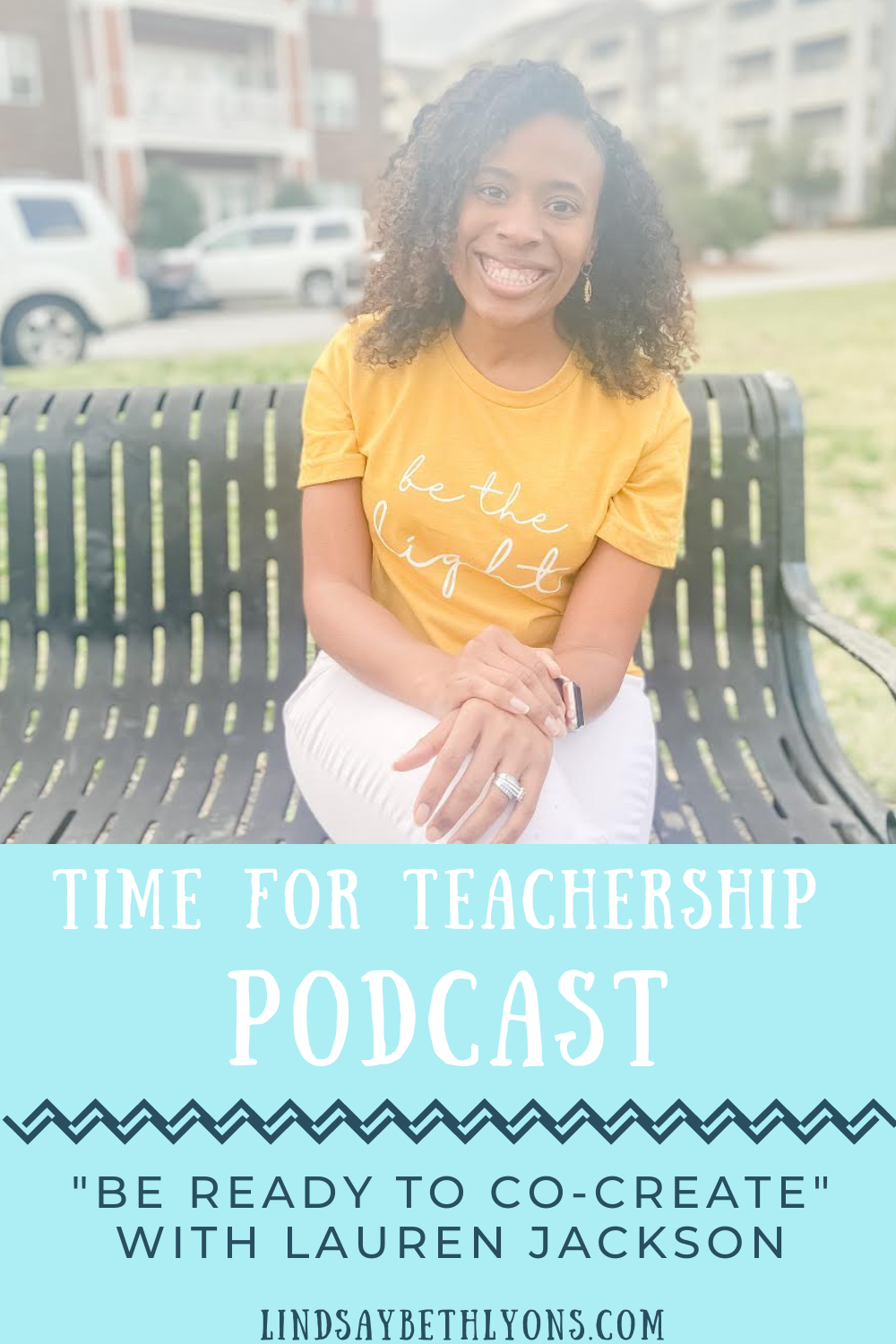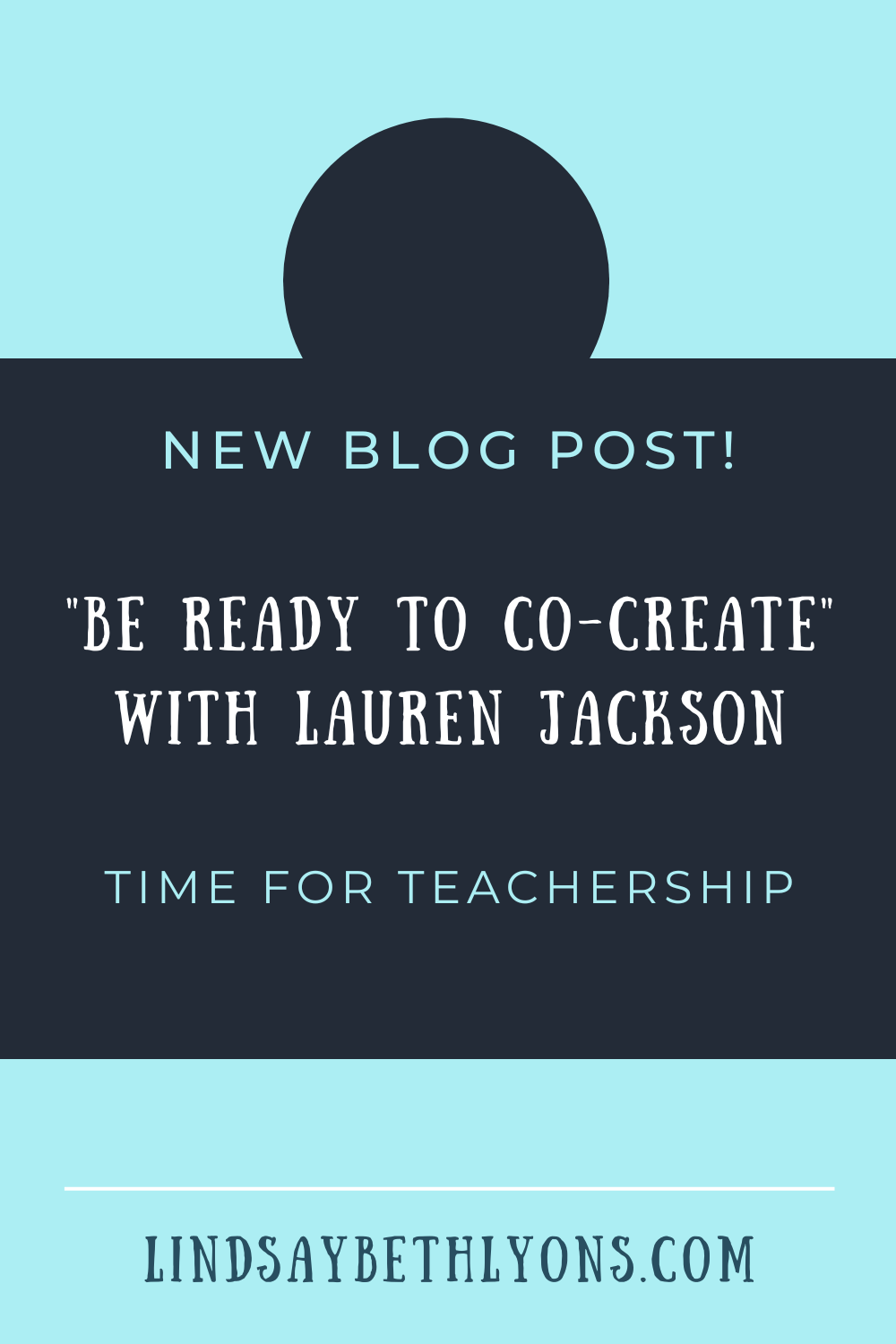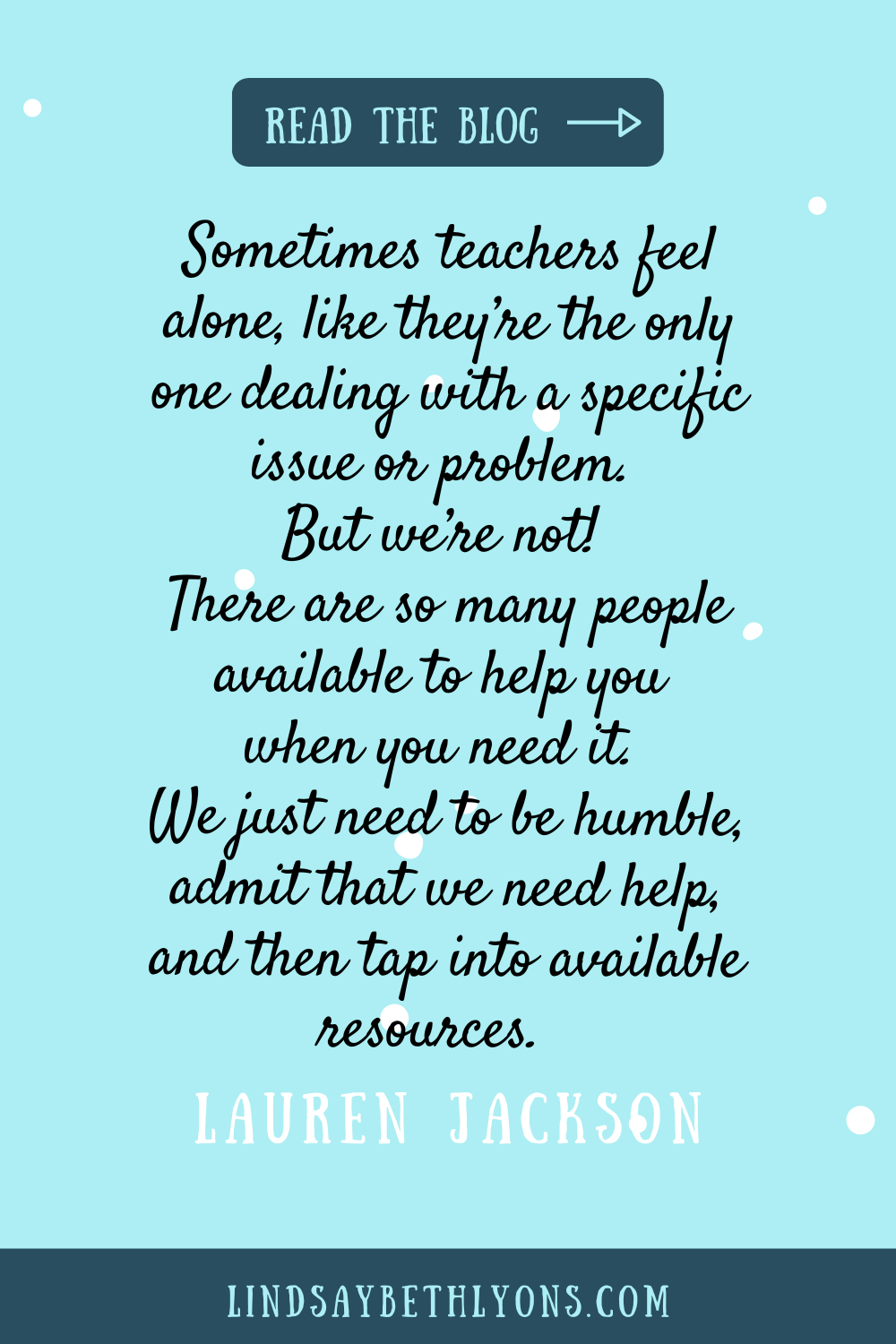
Listen to the episode by clicking the link to your preferred podcast platform below:
Statistics can help us understand a situation, but they can also be discouraging. Take this one, for example: one in four American students will grow up not being able to read. It’s a devastating reality that leaves many educators sad and frustrated. And for Lauren Jackson, recent guest on the Time for Teachership podcast, it’s led her to pursue literacy coaching and support educators in this area. With everything going on in the country and environment, teachers need to focus in on what’s in their locus of control, which is their classroom and their students. By recognizing that they’re not alone and can reach out for help, they can boost literacy and meet other education goals in their teaching practice. It Starts with Mindset Lauren’s passion for literacy was born out of her first teaching job. She worked in a low-income neighborhood where many of the students were not reading at their grade level. This prompted her to ask why and investigate the factors impacting literacy at her school. She realized that there was a one-size-fits-all solution that just wasn’t working for all students. So, she started to work on strategies to support students where they’re at and make sure she was addressing their unique challenges. To do this, Lauren shifted her mindset. Instead of getting frustrated and discouraged by student’s who weren’t improving, she put on the mindset that all students can be successful. She just needed to figure out how to do it. And this goes for every educator—if we keep the mindset that we’ll be able to find a solution to the problem, then it’ll be possible! Action Steps for Change To address problems and find solutions, educators need to first look at their data. It’s important to collect information about why something is happening before trying to solve it. From there, educators should can take a few action steps:
Sometimes teachers feel alone, like they’re the only one dealing with a specific issue or problem. But we’re not! There are so many people available to help you when you need it. We just need to be humble, admit that we need help, and then tap into available resources. One excellent resource for teachers are coaches. Lauren is a literacy coach, for example, and helps teachers and educators reach literacy and reading goals for their classroom. Here are some features of coaching relationships:
We all need help sometimes. And the quicker we can admit it, the quicker we can find those people who are able to help us out. Teachers and educators do their best work when they lean into their support system and work to find solutions together. One of the best ways to connect with Lauren and learn more about her work as a literacy coach is to listen to her podcast, the Lauren-Sophia Show. Also make sure to catch her full interview on the Time for Teachership podcast!
0 Comments
Leave a Reply. |
Details
For transcripts of episodes (and the option to search for terms in transcripts), click here!
Time for Teachership is now a proud member of the...AuthorLindsay Lyons (she/her) is an educational justice coach who works with teachers and school leaders to inspire educational innovation for racial and gender justice, design curricula grounded in student voice, and build capacity for shared leadership. Lindsay taught in NYC public schools, holds a PhD in Leadership and Change, and is the founder of the educational blog and podcast, Time for Teachership. Archives
May 2024
Categories |




 RSS Feed
RSS Feed